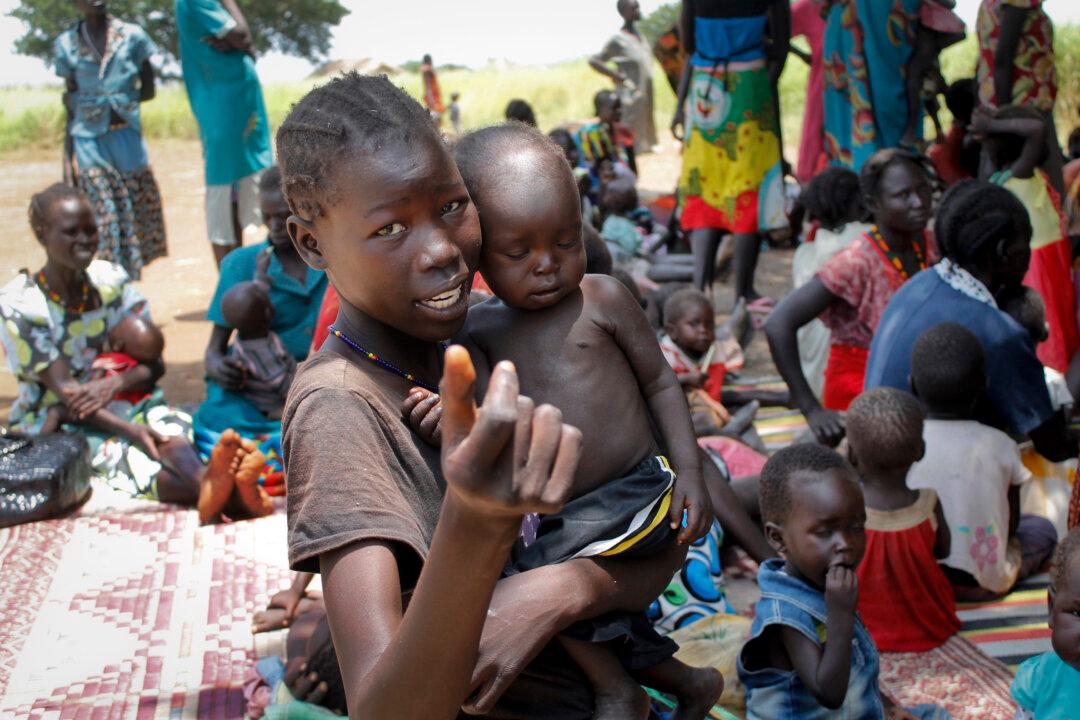More than 1,200 children younger than 5 years old have died in refugee camps in Sudan because of a suspected measles outbreak and malnutrition amid heavy fighting between the army and a rival paramilitary group, according to the United Nations Refugee Agency (UNHCR) and the World Health Organization (WHO).
The deaths occurred in nine refugee camps in Sudan’s White Nile State from May 15 to Sept. 14, the UNHCR and WHO said in a joint statement on Sept. 19.





